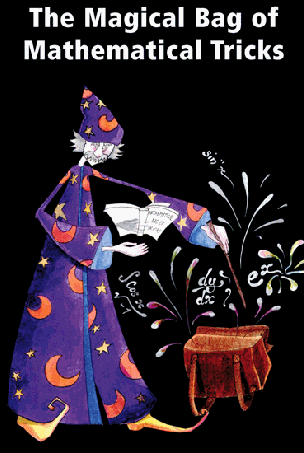|
Opinion- 15 February 2007 |
|
A Plea From Harry Robinson: Arise Poor Cousins |
 Arise,
Poor Cousins.
Arise,
Poor Cousins.
Why are tertiary education and science (Ed-Sci) the poor cousins of the
national family?
Because the nation is crass? Because the federal government
is crass? Because politicians of the major parties are crass?
Partly.
But also because the Ed-Sci community is a wimp when it comes to impressing
itself on the public. The people of the mind don't understand the nature of
the body politic, the brawling way we have of setting agendas.
One day in February, the Australian Mathematical Society held a public forum
in Canberra. Media were welcome. Some brainy people spoke cogently, argued
well for a better shake from the public purse, a better appreciation of the
dividends to stem from more generous treatment.
Media coverage was modest, although a strong
editorial in The Age was welcome, but within 24
hours the event had melted into the past.
Let us pull back for a broader view of the day. Media were jammed with
several hotter subjects. The government's shameful neglect of David Hicks
had finally gained traction with people at large and their indignation was
forcing the government to at least make some gestures for Hicks. The same
day brought loud debate about water. Malcolm Turnbull played the role of
heroic defender. In the same boat came champions of climate change all
warning that doomsday would be nigh unless we changed our ways. And then
there were the normal space-takers -- Ricky Ponting, Karri Webb, Paris
Hilton and all. In such a bubbling stew it is hardly surprising that the dry
story of mathematics should be upstaged.
No fault of the maths men and women.
Suppose you had been a news editor on that day: you'd have given pride of
place to Hicks, water and climate because you'd have expected them to
resonate in the heads of your audience. Even detached readers, viewers,
listeners would answer to echoes of those stories. They'd have had images of
a man in chains, of dusty farmyards, of melting glaciers. Resonance may not
be all but it goes a long way to winning editorial attention.
But maths and higher education? The 'ordinary' man or woman does not know
what a mathematician does, cannot watch the work in progress, might even
believe that at best maths is an esoteric game of useless symbols, a video
game without video. The same goes for higher education. You can't see a
thesis, you cannot witness the goings on in the heads of researchers.
The people of the mind -- the poor cousins of the national family -- are at
a severe disadvantage in the big brawl of media and politics.
Yet there are ways. First, let the poor cousins appoint a
task force for promoting the cause.
Brief the task force that this is no time to be dainty about ways and means.
Let the task force decide on a top-down approach and capture two or three
articulate members of federal parliament. Imbue them with the rightness of
speaking up for the benefits of investing in the top end of education. Help
them with research, pointers, opportunities. Devise campaigns to serve two
purposes: one to push for greater recognition of Ed-Sci and the second to
enhance the status of the parliamentarians. They can't be simply used, they
need to share in the rewards.
Next, extend the two or three converts to a clutch of political leaders
including a state premier, a captain of industry, a spin doctor to show how
to put the case in effective language, in words and phrases that will
resonate. And above all, understand that time and persistence are essential.
The pressure for David Hicks needed several years of advocacy to goad a
reluctant government into some recognition of his plight. Scientists talked
for aeons about climate change and endured ridicule before corporations and
governments were stirred into acceptance. Drought was easier but drought has
been with us all our lives.
Fantasy? Fanciful perhaps but more than fantasy. That notion
is a shorthand expression of the kind of strategy needed to raise the poor
cousins out of their rut. Regular voices of universities -- vice
chancellors' committees and such -- have not been helpful and won't be
helpful. A reliance on the logic of investing in top drawer intellects is
not enough by itself. Logic is fine but guile is finer.
Unless the poor cousins prefer the
gentility of poverty.
Harry Robinson -- for 25 years worked in television journalism in Oz and the US and was for several years air media critic for the Sydney Morning Herald and the Sun-Herald.